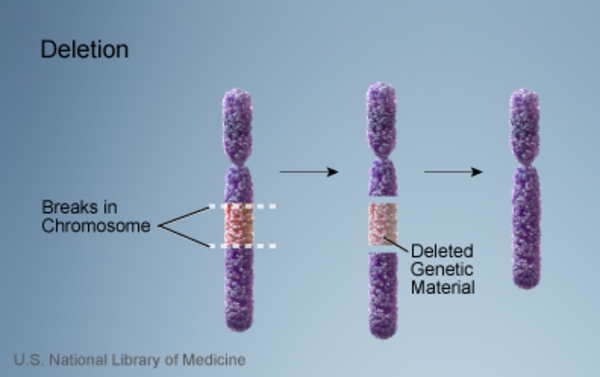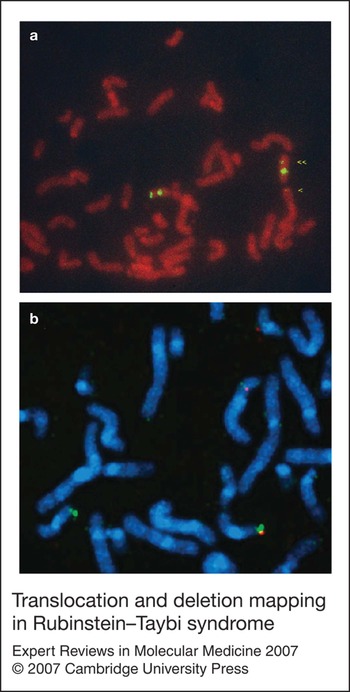Genes, Free Full-Text
Por um escritor misterioso
Descrição
The Rubinstein-Taybi syndrome (RSTS) is a rare congenital developmental disorder characterized by a typical facial dysmorphism, distal limb abnormalities, intellectual disability, and many additional phenotypical features. It occurs at between 1/100,000 and 1/125,000 births. Two genes are currently known to cause RSTS, CREBBP and EP300, mutated in around 55% and 8% of clinically diagnosed cases, respectively. To date, 500 pathogenic variants have been reported for the CREBBP gene and 118 for EP300. These two genes encode paralogs acting as lysine acetyltransferase involved in transcriptional regulation and chromatin remodeling with a key role in neuronal plasticity and cognition. Because of the clinical heterogeneity of this syndrome ranging from the typical clinical diagnosis to features overlapping with other Mendelian disorders of the epigenetic machinery, phenotype/genotype correlations remain difficult to establish. In this context, the deciphering of the patho-physiological process underlying these diseases and the definition of a specific episignature will likely improve the diagnostic efficiency but also open novel therapeutic perspectives. This review summarizes the current clinical and molecular knowledge and highlights the epigenetic regulation of RSTS as a model of chromatinopathy.
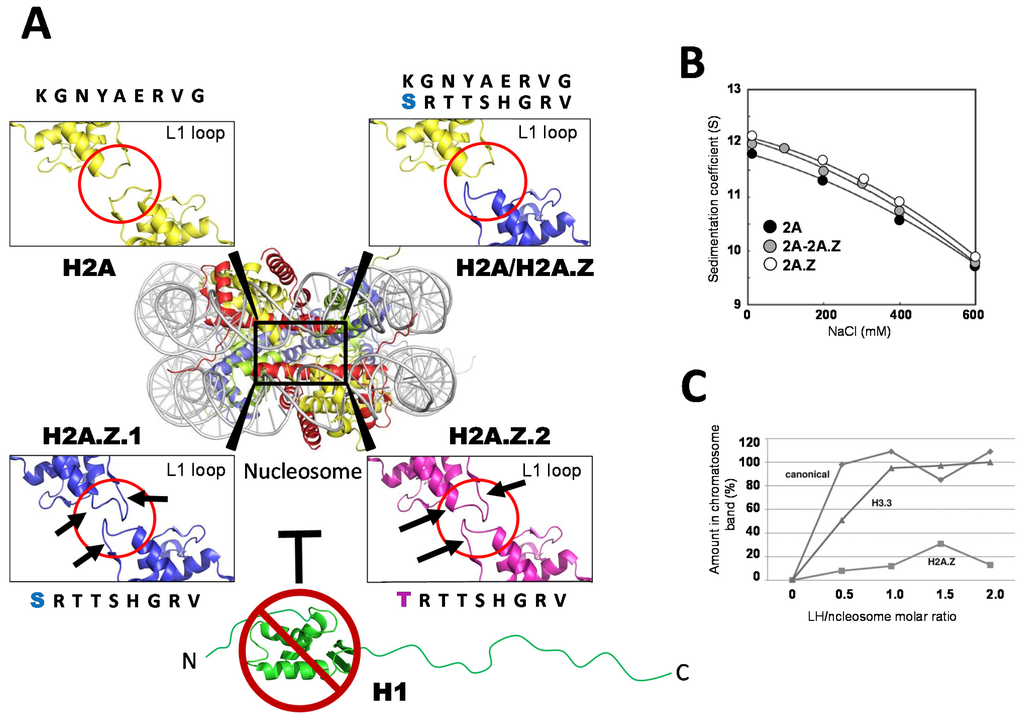
Genes, Free Full-Text
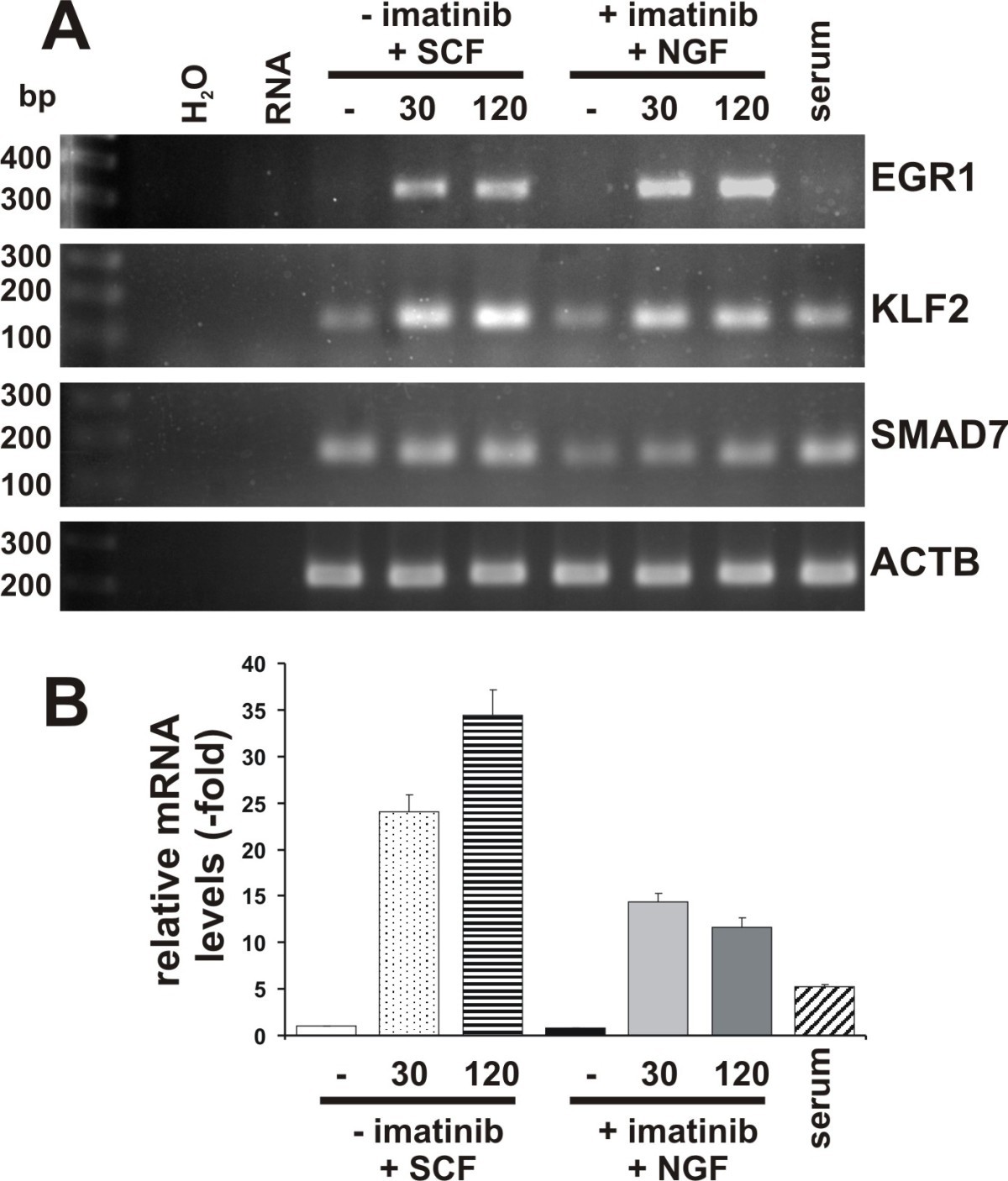
Identification of novel target genes of nerve growth factor (NGF
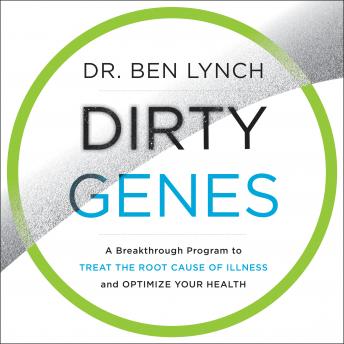
Listen Free to Dirty Genes: A Breakthrough Program to Treat the
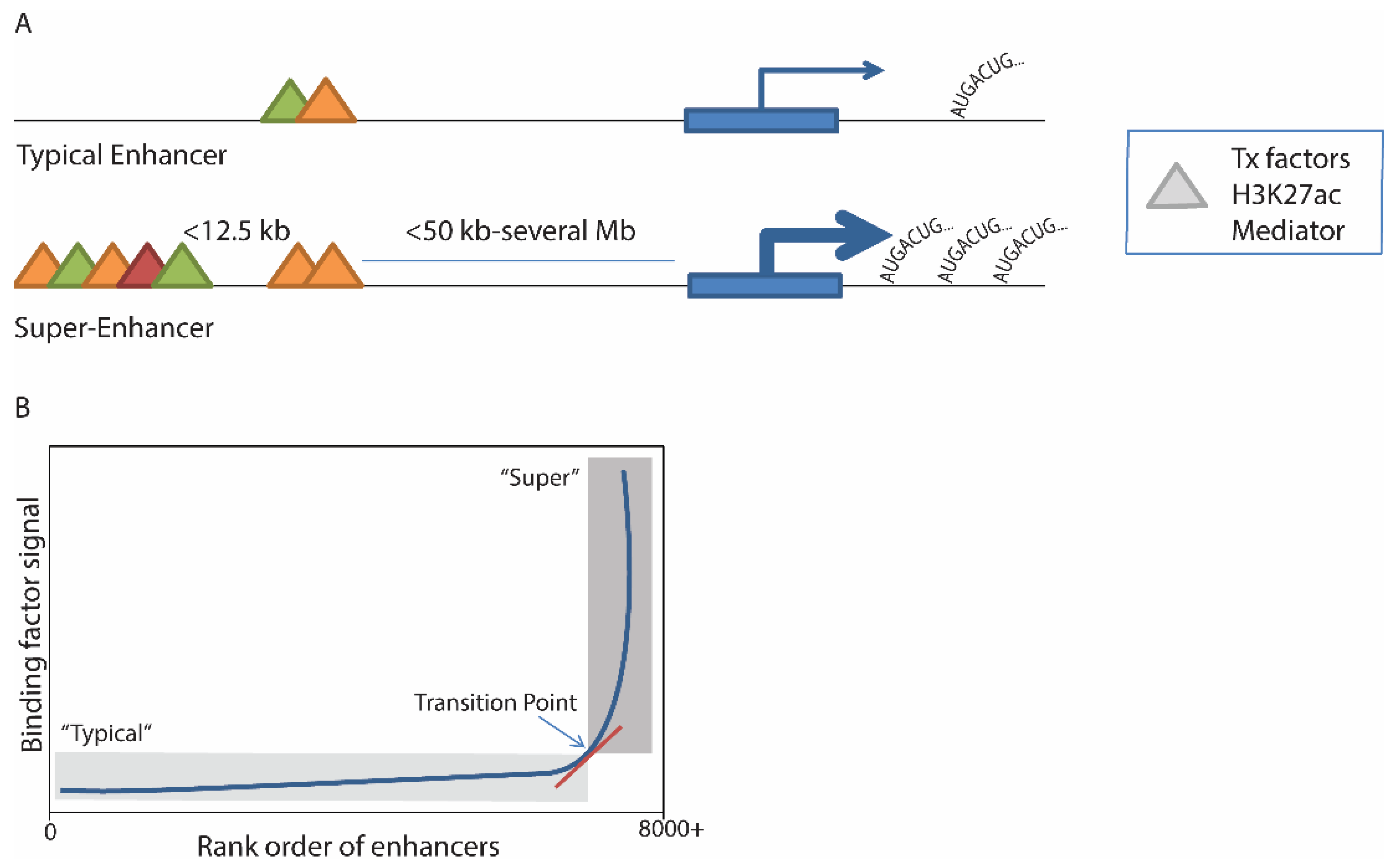
Genes, Free Full-Text

Genetic Genie: Free Raw DNA Data Analysis and MTHFR
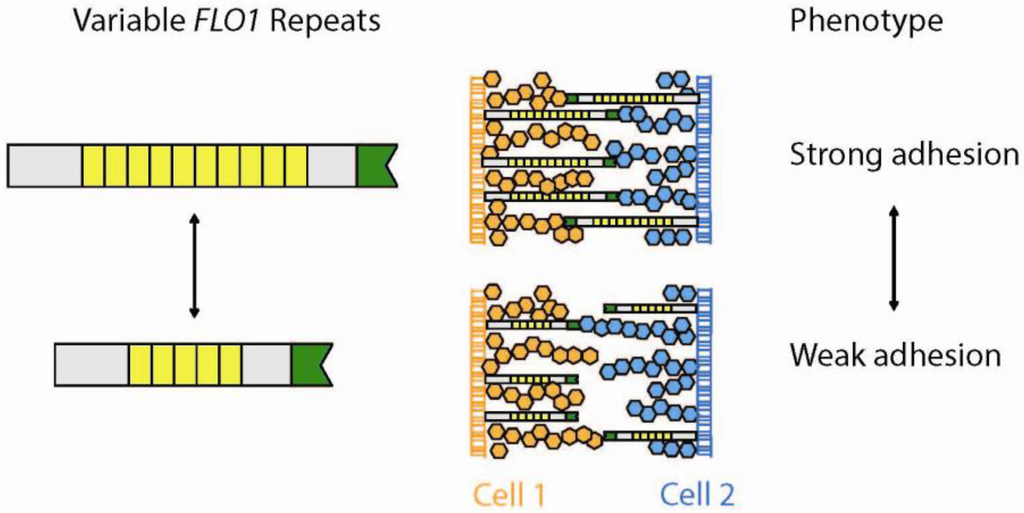
Genes, Free Full-Text
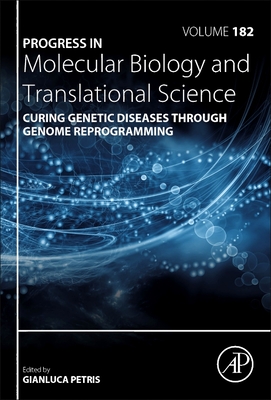
PDF@ Free Read Curing Genetic Diseases Through Genome
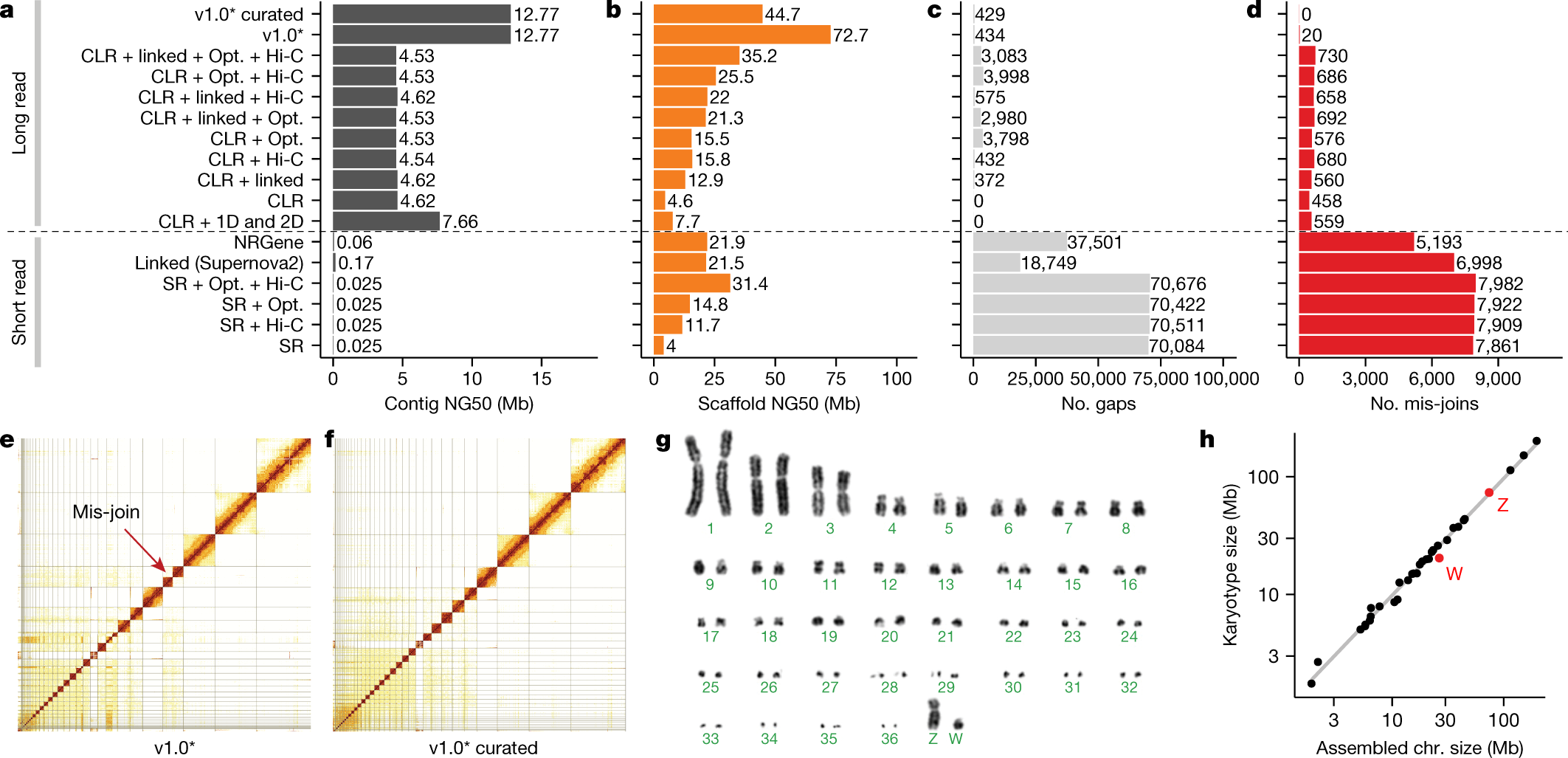
Towards complete and error-free genome assemblies of all

Genetic Code Expansion: A Brief History and Perspective

PDF) Gene family assignment-free comparative genomics
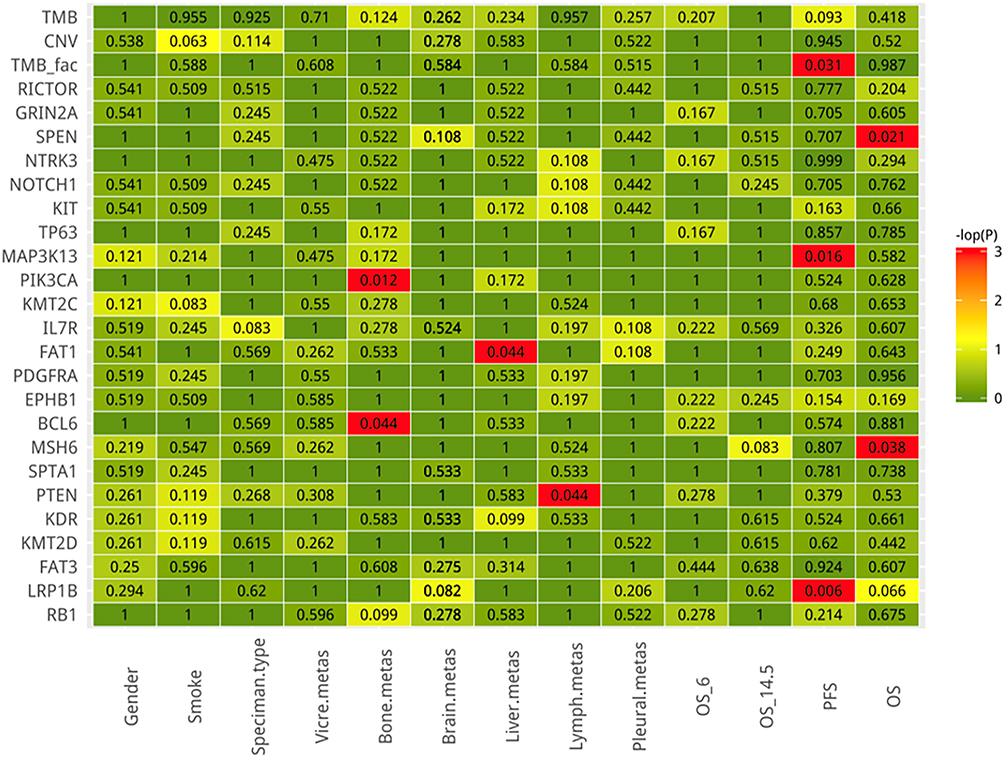
Genetic Alteration and Their Significance on Clinical Events
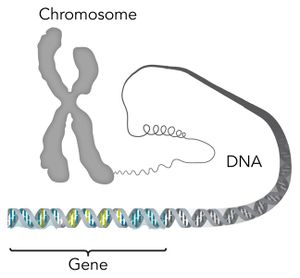
Genetic Conditions and Inheritance - Physiopedia
de
por adulto (o preço varia de acordo com o tamanho do grupo)
